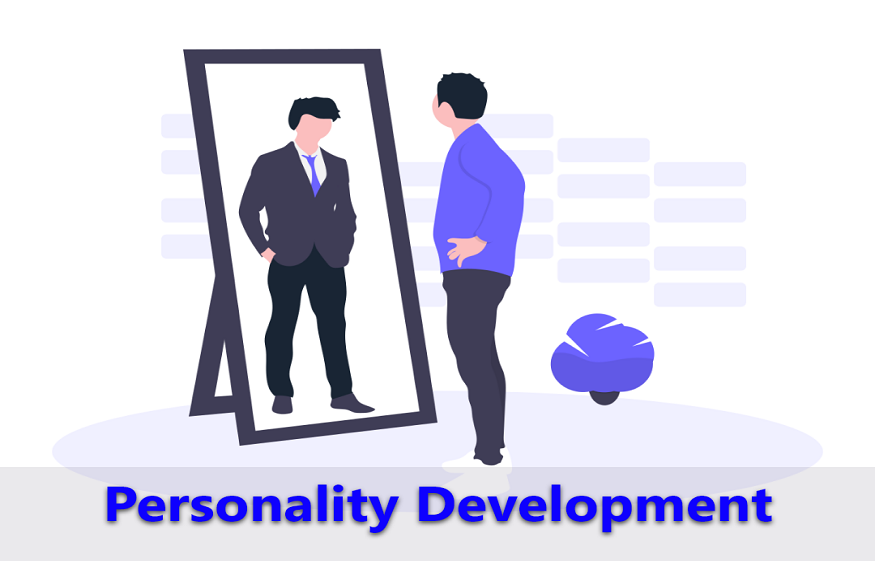The Stages Of Personality Development

Some people have great personalities. It means that they create a favorable impression, influence, or inspire others. Personality is a collection of qualities that an individual has. Wisdom, creativity, courage, discipline, leadership, oratory skills are some examples of personality traits.
What is personality development?
Personality development is the process of creating a better version of yourself. It involves building your strengths, acquiring new skill sets, and growing constantly. Doing online courses is a great way to focus on personal development.
Importance of Personality Development
- It lets you discover your potential and enhances your self-awareness
- It improves your decision-making power
- It boosts your confidence and paves the way for your success
- It builds your leadership qualities and communication skills
- It brings a positive transformation in you, making you more successful and appreciated
Personality is dependent on many factors such as parental influence, genetic qualities, and environmental aspects. Every personality is unique in its own way. Many eminent psychologists have put forth various stages of personality development. They include social, moral, and cognitive development. Let us have a look.
Stages of psychosexual development by Freud
Sigmund Freud’s theory of psychosexual development is widely known. He concluded that personality development occurs in stages that are directly related to specific erogenous zones.
According to him, the id is the part of personality related to fulfilling basic needs and urges. It is present right from birth. Gradually ego develops to control the id and behave realistically. The superego is the final stage. It involves the development of values, morals, and ideals. These three elements together create a personality type and behavior.
Stages of psychological development by Erikson
Erik Erikson is known for his eight-stage theory of human development. He analyzed the role of social relationships in personality development. This theory covers all stages from childhood to the entire lifespan.
His eight stages are infancy, early childhood, play age, school age, adolescence, early adulthood, adulthood, and mature adulthood. He says that at every stage of personality development, a crisis emerges, and people have to master a task to overcome it. Those who are successful in completing every stage achieve excellent personality development.
Stages of Cognitive Development by Piaget
Jean Piaget, in his famous theory of cognitive development, stated that the thinking pattern of children is different from that of adults. According to him, children have four stages of personality development.
These four stages are marked by a change in the way they think. He believed that the children’s personality is significantly formed by how they feel about themselves, what they think of others, and the world that surrounds them.
Stages of Moral development by Kohlberg
Lawrence Kohlberg has developed a unique theory of personality development. His theory is centered around the growth of the thought process of morality.
His theory includes six stages. He defined three levels of moral development, namely pre-conventional, conventional and post-conventional. Each level consists of two stages. He said that, during the pre-conventional stage, a child’s moral behavior is controlled by external forces.
During the conventional level, morality is linked to the individual’s personal and social relationships. He further stated that during the post-conventional level, morality depends on abstract values and principles.
At this stage, people are prone to feel that strict rules or laws are unfair for their freedom, and they need to be changed.
Self-Theory by Clifford T. Morgan
Self-theory clarifies that we perceive our personality, feelings, or role in relation to ourselves and others. This theory describes self in two ways, self as an object and self as a process.
It is true that many psychologists have their theories of personality development. Knowing about these stages helps us make our own personality development plan. Many factors such as heredity, peer pressure, culture, family play a role in personality development.
For bringing a positive transformation in your personality, opt for a well-structured personality development course and begin a rewarding journey in life and career.






